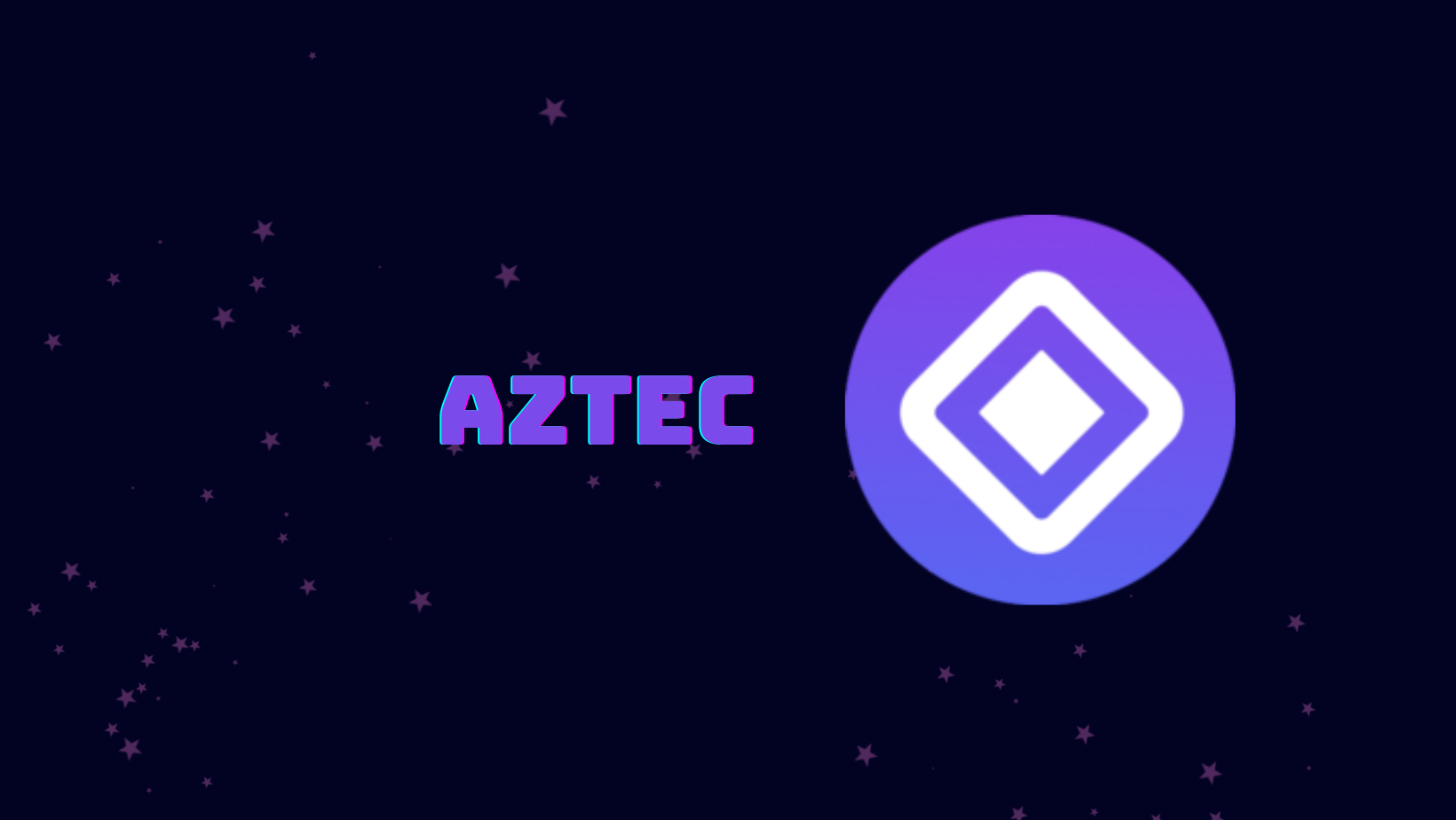
Aztec Network
Aztec is a Layer 2 scaling solution. The focus of most L2s is scalability, but Aztec prioritizes privacy over scaling transactions.
ZK-ZK Scaling
Aztec is a recursive zk-rollup; it uses a zk-zk-SNARK. Zero knowledge is used to obfuscate transactions, and then used again to roll up a batch of obfuscated transactions for scalability.
Each set of 28 transactions is internally rolled up into a SNARK. Then a total of 32 of those rollups are rolled up again. The data for these rollups (of maximum 896 transactions) is combined with the final zk proof and sent to Ethereum mainnet.
The Aztec team created their own type of zk-SNARK based on Groth16 known as zk-PLONK. Compared to traditional SNARKs, PLONK has the advantage of its trusted setup being universal and update-able.
How To Use Aztec
Aztec uses a UTXO-based model along with notes. The UTXO model simplifies the note model where ETH is exchanged for a note that serves as an IOU to withdraw later.
Deposit ETH to get a note.. zkETH is given in exchange for ETH along with the withdrawal note. zkETH is an IOU that allows holders to use their deposited ETH with Aztec as a proxy.
Unlike bridged tokens, zkETH does not require any liquidity because zkETH is not a token interacting with L1 contracts. Instead, zkETH is the trigger that prompts Aztec to use the deposited ETH and interact on behalf of the zkETH holder.
Aztec Accounts
Aztec accounts don’t require an Ethereum address to be linked, have social recovery by default, name accounts with human readable aliases, support multiple keys, and separate spending keys from encryption keys to enable opt-in compliance tools.
Scaling Competition
Privacy is computationally expensive and comes at the cost of efficiency; Aztec lags behind scaling competition in terms of both TPS and cost per transaction.
Aztec can reach ~300 txn/s, which is much greater than L1 Ethereum’s ~15 txn/s but much lower than the thousands of txn/s that other rollups offer.
Aztec is not a general purpose scaling solution like most other L2s. Aztec is a privacy solution for Ethereum, and it’s the leader in that niche.
Privacy Competition
Aztec
Is more liquid than traditional coin mixers
Has a Turing-complete VM unlike private currencies
Is built on the L1 with the most liquidity, unlike other smart contract privacy projects
Tornado Cash shares the concept of exchanging Ether for an anonymous note to be redeemed later. Unlike TC, Aztec acts as a proxy to interact with smart contracts using that deposited Ether; you still hold your zkETH and your note until you’re ready to withdraw back to clearnet L1 ETH.
Monero and Z-Cash offer private and secure financial transactions, but are on their own networks that don’t have smart contract capabilities. DeFi is off the table for these chains.
Secret Network offers privacy by default at the L1 level with transactions and smart contract interactions, but it is built on Cosmos and therefore doesn’t have direct access to all the liquidity and DeFi built on Ethereum.
References:
https://developers.aztec.network/
https://github.com/AztecProtocol/AZTEC/blob/master/AZTEC.pdf
https://medium.com/aztec-protocol/privacy-for-pennies-scaling-aztecs-zkrollup-9f2b36615cc6

